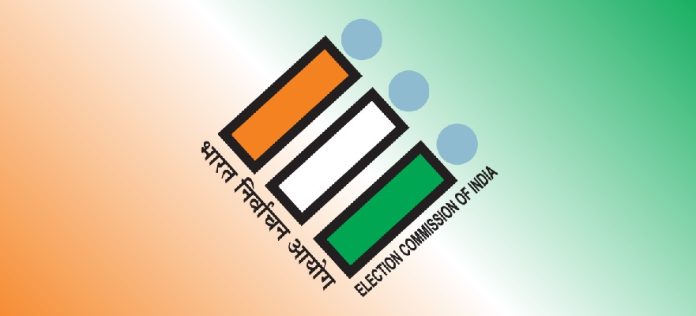- The Indian democracy is globally renowned and acknowledged for its vibrancy despite naysayers raising doubts about its sustainability largely owes its rightful credit to the Election Commission of India (ECI). The Constitutional body has single-handedly altered the way the country’s elections are conducted in a free and fair manner over the decades. The country should acknowledge the contributions of the late chief election commissioner TN Seshan who was the pioneer in establishing the credentials of the election body through some defining measures. And the legacy of the watchdog continues with ever more strengthening measures that have ensured the Commission stays neutral, efficient, diligent, and delivers results on expected lines.

PC: Latest GK GS
- Of course, we are used to having doubters – mostly opposition political parties having lost at the hustings – raising unproven and unsubstantiated questions about the efficacy of the Commission in conducting free and fair elections. But those mundane questions have been quashed under the weight of the foolproof diligence adding heft to the democratic credentials of the country. As they say, change is the only constant, the ECI too keeps looking at ways and means to usher in certain changes to ensure the well-oiled machinery keeps chugging along perpetually. One such measure was recently propagated by the Election Commission to test the possibility of remote voting for migrant workers. This measure potentially can positively deepen democracy.
- Note that sections of government personnel already vote through postal ballots. Since Covid, this facility is available to the elderly over 80. But extending voting rights to migrant workers involves far greater numbers and will be through a customized electronic voting machine (EVM) that can reportedly cater to 72 constituencies. As reported, the 2016-17 Economic Survey tracked annual interstate travel to estimate 6 crore migrant workers between 2001 and 2011. Census 2011 enumerated 45.6 crore migrants, nearly 40% of India’s population, and these are huge numbers. This suggests why a large chunk of India isn’t exercising voting rights. The 2020 Bihar and 2022 UP polls clearly point to the disenfranchisement of migrant workers.

PC: IAS Express
- Remember, with land, kinship, and sentimental ties to their native state, asking migrants to transfer their vote to the location of work is a sub-par option. Needless to mention, the ability to cast votes is key to getting one’s voice heard in the political process. Indeed, a lack of opportunities triggers most migrations. Look not far than how the exodus of over 1 crore migrant workers during the Covid lockdown hardly became an electoral issue anywhere. Conversely, with migrants getting to vote, candidates and big netas will have to court this demographic and address their concerns in right earnest. There are already opposing voices emanating and it is here that the EC must convince political parties to support this game-changing initiative.






